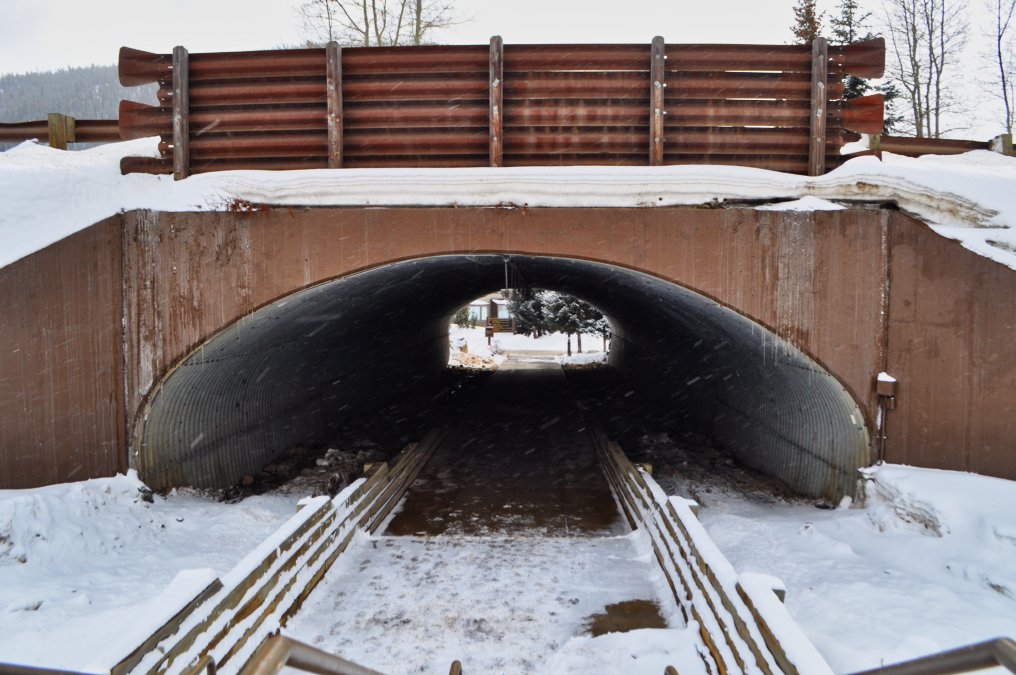What the Intuitive Process of Writing a Novel Looks Like
If you keep going, you’ll make it through.
Now that I’m rounding the bend on revisions of my novel, The Gentle History, I’m able to see the whole process of writing it from the vantage point of finished (which is still some months in the future, but I feel it coming). Everyone’s process is different, but I thought I’d outline mine as a reference for intuitive writers starting their own novel-writing journey or who are struggling along the way.
Intuitive writers often fail to finish projects, because we need a different kind of process than the rational one that dominates most writing advice. Any kind of conceptual approach, such as outlining, coming up with plot points, doing extensive character sheets, etc. can stymie us. For intuitive writers, form is an emergent property of content. We have to write without much idea of where we’re headed, charting our own path through, and it can be frustrating and lonely. But if you keep working and trusting, you’ll get there. Here’s how it happened for me.
The Spark
It was 2018, and I was coming off a two-year period of burnout in which I couldn’t write at all. It was so bad I’d resigned myself to not being a writer anymore—in fact, I was beginning to doubt I’d ever been one. Then one day I was reading a book and a passage reminded me of an incident in my childhood where I passed out in a kiddie pool and almost drowned. I idly wondered if perhaps I had drowned, and my entire life after that has been a dream. It would certainly explain why I was so miserable all the time! Instantly, I knew this would be my next writing project: a novel about a woman who discovers she drowned as a child.
The Start
I knew at this point that I was an intuitive writer, so I didn’t waste much time planning. I opened up a Scrivener file and started writing. Along with the spark had come some basic ideas about story direction. My main character, Mara, was and American living in Australia with her husband, who was pursuing a master’s degree there (something I did in my own life). Mara, trying to find something for herself while her husband spends long hours on campus, becomes obsessed with finding the Australian lifeguard who saved her life at summer camp when she was a child.
Guess what my finished novel doesn’t include? Australia, the husband, a master’s degree. Yep, all that stuff ended up being trashed along the way as I continued to write and the story emerged along the way. The intuitive writing style is not efficient, but it’s inspired.
A New Character Makes Herself Known
One day I was writing and a new voice came through my fingers. Somewhere along the way Mara, now transposed to my own childhood neighborhood, switched her obsession to a woman who used to live in a nearby abandoned “haunted house,” where neighborhood kids went for secret trysts. As I wrote about Mara’s investigations into this woman’s life, that woman emerged as a character with a voice. Her name is Esme, and she lived in the haunted house decades before Mara was even born. Now my novel had two POVs in entirely different time periods. Yikes! But you’ve got to go where intuition leads you.
Things Start Filling Out
From this point forward, things began to get a little clearer. I knew that Mara and Esme meant something to each other, that their stories intertwined, but I wasn’t sure how. Was this a mystery, where Mara figures out what happened to Esme? Or was it more like the novel The Hours, where the connection between the different timelines is meaningful yet tenuous? I wrote it both ways, some scenes one way, some another, whatever felt right in the moment when I sat down to do my work.
This is what is called the murky middle, where you feel like you’re lost in a swamp. You go back and forth, find yourself where you started, try again, backtrack, get stuck, give it all up, sob uncontrollably, think horrible things about other writers who seem to know what they’re doing, recommit, get stuck again… This goes on for a while. All I can say is keep going, keep all your writing, and don’t try to fix everything by editing. Your goal here is to finish a draft.
The 60,000 Word Stall
I wrote two drafts of The Gentle History that I couldn’t take past 60,000 words (a novel is around 80,000 words). I just couldn’t see my way through to the end. The problem at this point was that the story wasn’t formed enough to create its own momentum toward a resolution. This is the most difficult challenge intuitive writers face. We won’t fully understand our story or characters, and thus the plot, until very late in the process, in the final stages of revision (this is where I am now on this project). Trust me, it’s worth the wait when you do finally experience things coming together, but getting to that point is an exercise in deep self-trust. Keep going.
What I finally did at this stage was force an ending, and I think this was the key moment of the project. I wanted a fully finished draft, and I intuitively understood that I wouldn’t be able to move forward if I didn’t make some kind of choice about how to resolve my story. So I settled on the ending that was most present in my mind—it also happened to be the craziest ending, but I chose once again to trust myself—and took an entire summer to get that final 1/4 written. Finally, in draft three, I had a completed novel. I’d been working on The Gentle History for three years.
From Editing to Revision
At this point I thought I’d done the hard part. Because it was hard! I was wrong. As I began the editing phase, which I thought was a simple matter of making what I had better, I realized that the hard work was still ahead. What I needed to do wasn’t editing, but revision: essentially a complete rewrite. I’d never been in this stage of novel writing before, so I learned as I went, putting full faith in myself and my intuition to guide me.
What this has looked like for me is multiple passes that deepen both character and story. It’s very much like the writing process but more focused and intentional. Sometimes I’m editing passages and rearranging scenes, and sometimes I’m substantially revising or writing whole new scenes. I delete a lot—killing my darlings, as they say. It feels a bit like peeling off layers of onion, going deeper each time. Along the way I’ve been adding details that anchor each character in their respective time periods, and with an eye toward selling the manuscript, I’ve been working on making their stories more topical. I’m working on honing the language during this stage, too, though I’m not yet at the point of refined line editing.
The result of revisions has been that the story continues to change, and I’ve gone back and forth on what I want for it. This is frustrating, but I do believe that the story’s final form will emerge as a result of revisions (I can feel this crystallization occurring as I go along). I am currently in draft six. I expect I’ll go through at least one more before I’m ready to start querying, though drafts are moving faster as I go and my timeline is now reckoned in months, not years!
Finishing
I’m entering the final stages of revision, and I’m expecting the next step to be line edits, where I go through each sentence and delete extraneous words, rephrase/rewrite for greater clarity and effect, and continue to deepen the meaning. Much of these more fine-tuned revisions involve what I see as making the novel more self-referential, increasing the links between sections so there is a feeling of resonance as the reader progresses. This is highly refined work that requires a deep understanding of the story and characters, which is something that only happens after you’ve spent much time with your manuscript. I have now been working on this novel for almost four years, and I feel myself nearing the end of the project (though it’s likely, depending on how my path to publication goes, that I still have a number of drafts ahead).
What’s Coming Next
There is more to all of this than what I write here; I wanted to provide a synopsis of the experience. I’m hoping to write an ebook guide that gets into the weeds of how to do revisions on a novel next year (2023). So stay tuned for that, and if you have any questions about any part of the process, contact me! It will help me understand what other people are struggling with, so that I can make sure to address that in my ebook.





